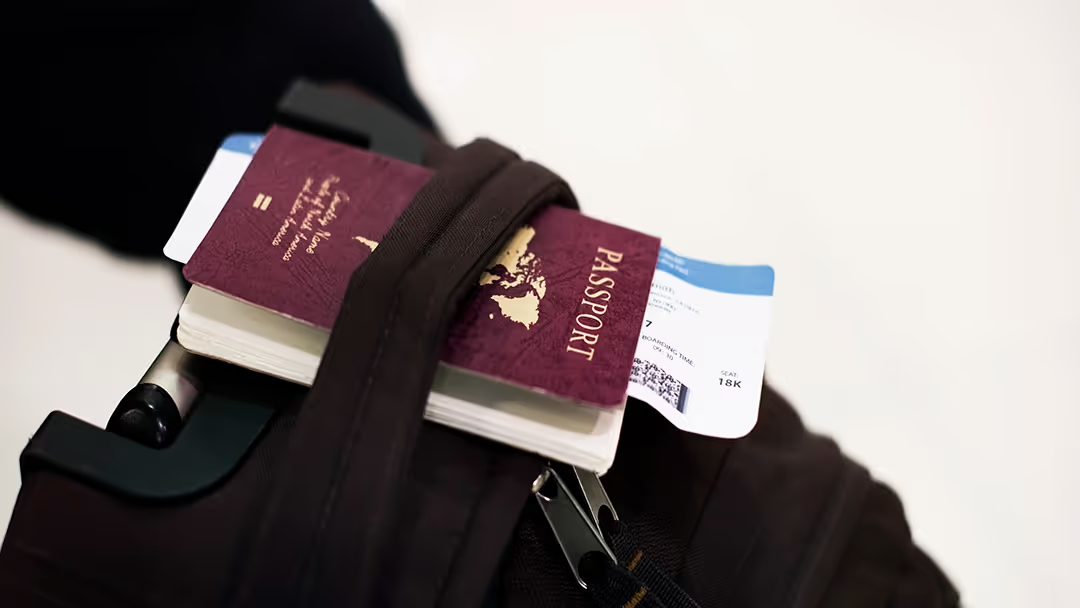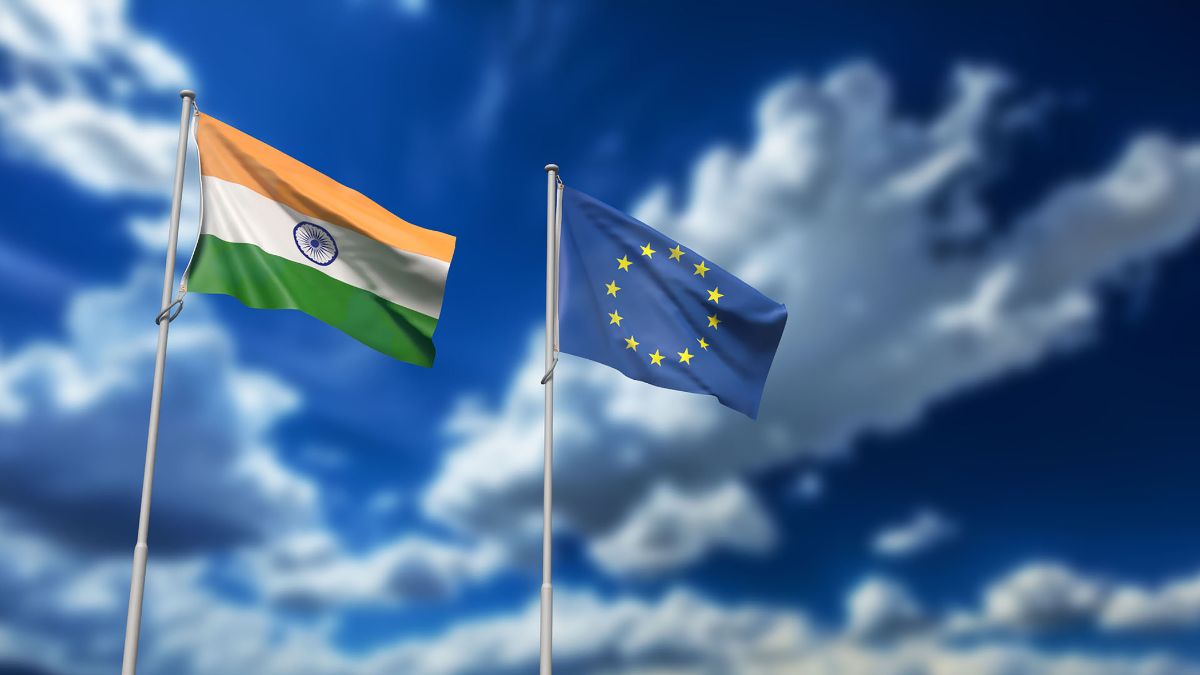Visa vs Passport: What Is The Difference?
You may have come across the terms passport and visa but what are they exactly? These are official documents required if you wish to travel from one country to another.
Depending on where you are traveling and how long you will be staying, you either need to have your passport or might need to apply for a visa as well.
You may be questioning “What is the difference between a passport and a visa?”
While a passport and visa may seem similar they are two sides of the same coin. Here’s what you need to know.
What is a Passport?
A passport is an official government-issued document that is proof of identity and nationality for international travel. It typically includes the holder's personal information, such as their full name, date of birth, photograph, signature, and other identifying details. It also contains a unique identification number and the issuing country's emblem or symbol.
The primary purpose is to facilitate international travel by confirming the holder's citizenship and identity, allowing them to enter foreign countries legally. It is a universally recognized document enabling border authorities to verify a traveler's identity and nationality.
Passports come with an expiration date and need to be periodically renewed. They're issued by the government of the traveler's home country through designated passport offices, embassies, or consulates. Depending on the country, there might be different types, such as regular, diplomatic, or official, each with specific privileges and purposes.
Different types of passports
- Regular passports: This type of passport is given to regular citizens of countries.
- Service passports: Given to government officials and dependents who travel for work-related purposes.
- Emergency passports: It is given to someone who has lost their passport or stolen and they need one for international travel urgently.
- Diplomatic passports: Issued to diplomats and their dependents for international travel to serve a state mission. However, the privileges of diplomats are discussed with the host country, and a passport doesn’t mean diplomatic immunity.
What is a Visa?
A visa is an official document issued by the government to those who want to enter the country. It is glued or stamped onto the passport indicating your duration of stay and purpose of visit as per the type of visa provided to you by the country’s government.
Different types of visas
- Business Visa: Traveling to a country for business purposes? Then you get a business visa.
- Tourist Visa: If you’re visiting a country as a tourist only for a certain period, you get a tourist visa.
- Student Visa: A temporary visa to enroll in educational institutes for studies in the hosting country.
- Work Visa: For those individuals who want to be employed in a country where their jobs are allocated or for business purposes.
- Refugee/Asylum Visa: Granted during life-threatening situations like war, natural disasters, and other situations.
Passport v/s Visa: Key difference
Frequently Asked Questions
What is the main difference between a passport and a visa?
A passport is an official document that verifies your identity and nationality, while a visa is permission granted by a foreign country allowing entry for a specific purpose and duration.
Do I need a passport to get a visa?
Yes, a passport is a prerequisite for obtaining a visa. Visas are typically affixed or stamped onto passport pages.
How long do passports and visas usually last?
Passports generally have longer validity, typically ranging from 5 to 10 years, while visas can vary in duration from days to years, depending on the type and purpose of travel.
Can I enter a country with just a visa and no passport?
No, a visa is an endorsement of a passport. Both documents are necessary for entry into a foreign country.
What happens if my passport expires while I have a valid visa?
Even if your visa is still valid, you won't be able to use it for travel if your passport has expired. You'll need to transfer the visa to your new passport or obtain a new visa.
Are there countries where I can travel without a visa with just my passport?
Yes, some countries have visa-exemption agreements allowing passport holders to enter without a visa for a limited duration. These agreements vary between countries.
How often should I check the expiration dates of my passport and visa?
It's advisable to check your passport's expiration date at least six months before traveling internationally. Visas should also be checked for validity to avoid any travel disruptions.























